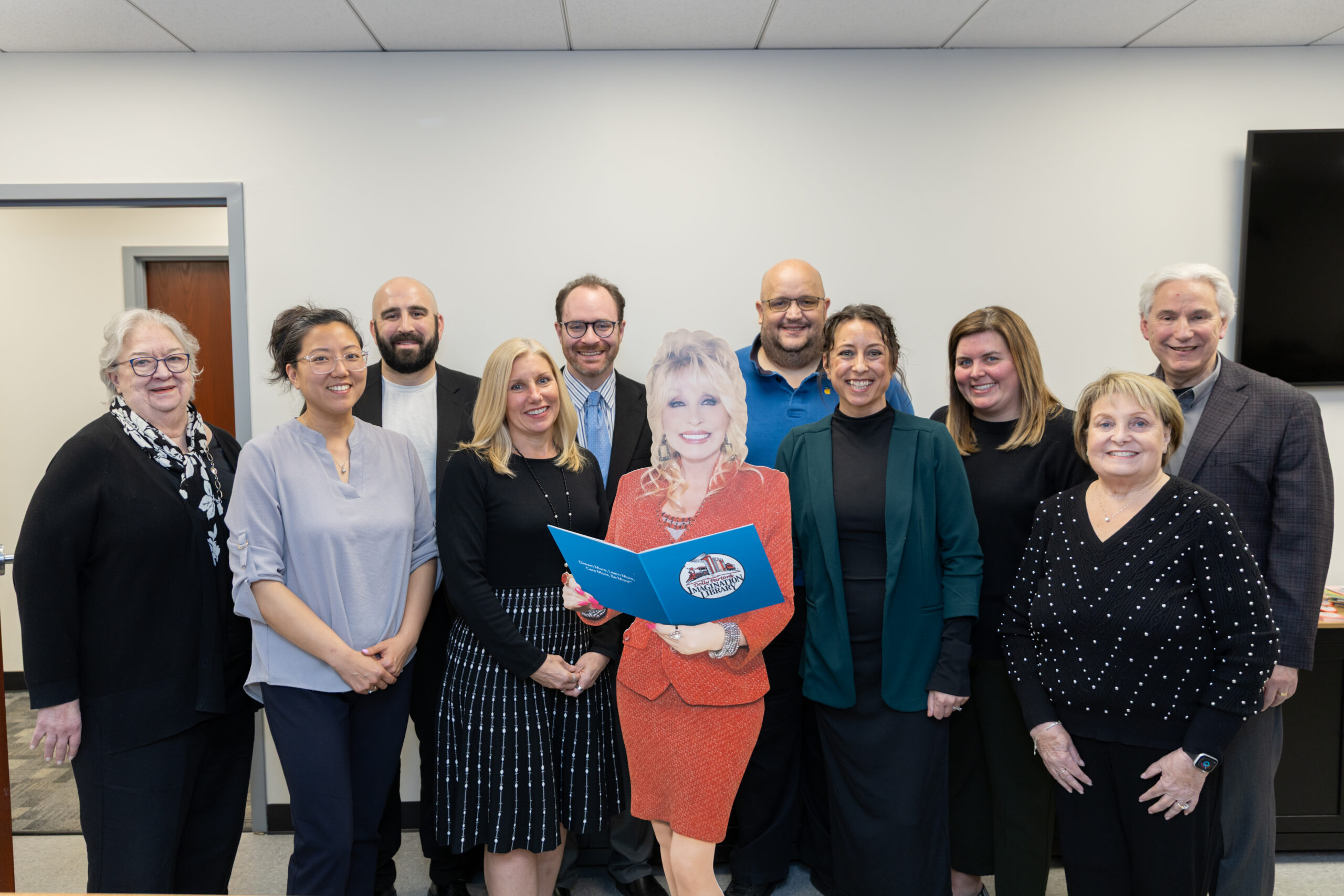
Since assuming his role in 2021, Dr. Michael Karner has ushered in transformative thoughts, concepts and programs that are at the cutting-edge of education. As Lake County’s Regional Superintendent of Schools, Dr. Karner has relentlessly pursued opportunities to engage students, shape new career pathways and build a pipeline of talented leaders. The result is a profound and lasting impact on Lake County’s educational system and new partnerships that will ensure its long-term strength. For these many reasons, and the success to come, we proudly honor Dr. Karner with Lake County Partners’ 2025 Talent Development Award.

Building Bridges
In recognizing the critical importance of transparent and efficient communication, Dr. Karner has fortified connections and improved communication between the Regional Office of Education (ROE), local school districts, and the wider Lake County community. Karner created a shared centralized digital platform available to all school district administrators which has streamlined information sharing, fostered collaboration on best practices, and enhanced overall efficiency across the county’s educational leadership.
“It’s been remarkable to watch Dr. Karner forge new partnerships and challenge us all to think big in terms of education,” notes Lake County Board Chair Sandy Hart. “Lake County is well known for its incredible talent pool, and his efforts are going a long way towards developing the skills that young people will need to be successful leaders in and out of the classroom. We are grateful for his profound work ethic and the positive impact that it has had on our community.”
Strategically Managing Resources
Dr. Karner has demonstrated exceptional fiscal responsibility, successfully maintaining a balanced budget for the county without requesting any new funds. This prudent management of resources underscores his commitment to maximizing the impact of existing funding and ensuring the long-term financial stability of the ROE and its initiatives.
“Dr. Karner’s commitment to responsible resource allocation is best exemplified by the successful opening of a new, state-of-the-art facility for the Regional Safe School and ROE Office,” observed Dr. Kelley Gallt, Lake Zurich District 95 Superintendent. “This significant investment has provided an enhanced learning environment for students and staff, which ultimately benefits the entire county.”
Championing Best Practices
Dr. Karner has placed a strong emphasis on creating safe and supportive learning environments and fostering the professional growth of Lake County’s educators. The consistent success of the annual Countywide School Safety Conference over the past four years, culminating in nearly 500 attendees this past year, demonstrates his proactive approach to addressing safety concerns and equipping school personnel with the knowledge and resources they need.
Similarly, the annual Countywide Institute Day for Lake County Educators, which has also been a staple for the past four years and drew an impressive 2800 attendees this past year, showcases Dr. Karner’s dedication to providing high-quality professional development opportunities. Recognizing the critical issue of staffing shortages, he has also championed the annual Countywide Job Fair for Educators, actively assisting local school districts in their recruitment efforts.
Furthermore, Dr. Karner understands the importance of recognizing and celebrating the dedication of educators. The annual Educator of the Year Ceremony, which last year hosted nearly 800 attendees, serves as a powerful platform to honor the outstanding contributions of teachers and administrators across Lake County.
Expanding Opportunities
“Dr. Karner has demonstrated a strong commitment to inclusivity, ensuring that all students have access to high-quality educational opportunities,” said Dr. John Price, North Chicago District 187 Superintendent. “In overseeing Project Search, which is an invaluable internship program for students with disabilities aged 18-22, he has provided crucial real-world work experience that fosters greater independence.”
Additionally, he has championed efforts to improve early childhood education opportunities and enhance resources for students with disabilities across Lake County. The recent launch of the “Birth to 5” Initiative further underscores this commitment to early intervention for all learners, regardless of ability.

Recently, Karner was also successful in bringing the Dolly Parton Imagination Library to Lake County, providing a free book a month for every Birth to 5 student in Lake County.
Pioneering Solutions
Dr. Karner’s leadership has been characterized by a forward-thinking approach, resulting in the creation of groundbreaking initiatives that have extended beyond the boundaries of Lake County. The establishment of the Illinois Virtual Schools & Academy in June 2022, in partnership with the University of Illinois System.
“The Illinois Virtual Schools & Academy is a testament to Dr. Karner’s visionary leadership,” notes Dr. Michael Lubelfeld, North Shore District 112 Superintendent. “This impressive online platform has served over 10,000 students across 251 school districts and 55 counties, providing flexible and accessible learning opportunities and making Lake County a model across the state.”
Another significant innovation is the implementation of 24/7 chat-based tutoring for all PK-12 students in Lake County, a service that will continue until June 30, 2026. This invaluable resource provides students with on-demand academic support, fostering greater confidence and achievement.
Addressing the need for alternative disciplinary approaches, Dr. Karner spearheaded the creation of the BASE Program (Behavior Academic and Social Emotional). This program offers districts a short-term option to provide services to students suspended for 4-10 days, ensuring that learning continues and underlying behavioral and social-emotional needs are met.
Fostering Collaboration
Dr. Karner has actively fostered partnerships and collaborations to benefit Lake County’s schools and students. He partnered with various organizations to offer the Lake County Resource Fair, providing counselors with crucial information about resources available to assist students. His efforts to connect county resources to schools, including the provision of PPE, supplies, and access to vital supports, were particularly critical during challenging times. The impactful initiative of passing out 40 pallets of toiletry supplies to Veterans and Homeless Students in Lake County demonstrates his commitment to addressing the basic needs of vulnerable populations.
Dr. Karner has also actively worked to enhance professional development (PD) opportunities for educators, focusing on critical areas such as Equity, Instruction, SEL, Mental Health, Trauma-Informed practices, Early Childhood education, and MTSS. He has fostered enhanced networking opportunities for professionals across various educational sectors, including Birth to 5, Curriculum & Instruction, ELL, SPED, and School Safety Directors. Serving as the liaison for the National Board of Certified Teachers Cohort in Lake County further supports the professional growth of experienced educators.
Recognizing the importance of proactive safety measures, Dr. Karner created quarterly safety meetings for Lake County schools and implemented a countywide safety application and notification system for school districts. He also spearheaded the creation of a countywide opioid curriculum for K-12 school districts and a countywide agreement for mutual aid between local school districts to strengthen preparedness and response capabilities.
Investing in Legacy
Dr. Karner’s commitment to the future of education is evident in the creation of an Aspiring Leadership Academy for Educators, nurturing the next generation of school leaders. His dedication to expanding opportunities is further reflected in the work to improve preschool opportunities and resources for students with disabilities. His proactive approach during the pandemic, working with the Lake County Health Department to promote the Test to Stay Program, ensured that students could remain in school safely.

Recognizing the financial burdens of pursuing higher education, Dr. Karner forged partnerships with Northeastern Illinois University, Erickson Institute, and other schools to secure tuition reductions and scholarships for all education personnel, their spouses, and students in Lake County.
His exceptional leadership has translated into significant financial support for Lake County’s educational initiatives. He successfully secured $15,000,000 in grant funding from federal, state, and private sources, as well as $1.1 million in ARPA funding from the Lake County Government for work-based learning and mental health. Furthermore, he has secured over $2.4 million dollars for the ROE Foundation, ensuring the sustainability of vital programs and services, such as when ROE filled in the gap to support nearly 600 students who lost their scholarships due to the closure of the Schuler Program.
Demonstrating a profound commitment to the well-being of students and families, Dr. Karner implemented a countywide mental health initiative for free care navigation services (ReferralGPS), available to all students, families, and educators until June 30, 2026. This initiative provides free therapy sessions for students facing income or insurance barriers. To date, nearly 900 sessions have been paid for, and a staggering 20,000 people have utilized the free service.
To prepare students for future careers, Dr. Karner implemented a countywide work-based learning system for high school students called SchoolLinks WBL Platform, which is offered free of charge to high schools; beginning next year, this service will also be free of charge to middle schoolers as well. He also launched Navig8Lake, a countywide exploratory career fair that gives students in 8-12th grade valuable exposure to diverse pathways.
LCP’s 2025 Talent Development Award Winner: Dr. Michael Karner
“In the 4 years since Dr. Karner entered the Regional Office of Education, there has been unprecedented progress and innovation that has gone far beyond meeting the basic needs of students,” notes LCP president and CEO Kevin Considine. Dr. Karner’s visionary leadership, unwavering commitment, and ability to foster collaboration have resulted in tangible and lasting benefits for students, educators, and families across Lake County.”
From enhancing communication and ensuring fiscal responsibility to pioneering groundbreaking programs and securing significant funding, Dr. Karner’s impact is undeniable. He has not only addressed the immediate needs of the educational landscape but has also laid a strong foundation for a brighter and more equitable future for all learners in Lake County. His legacy will undoubtedly continue to inspire and shape the future of education in the region, the state of Illinois and the nation for years to come.
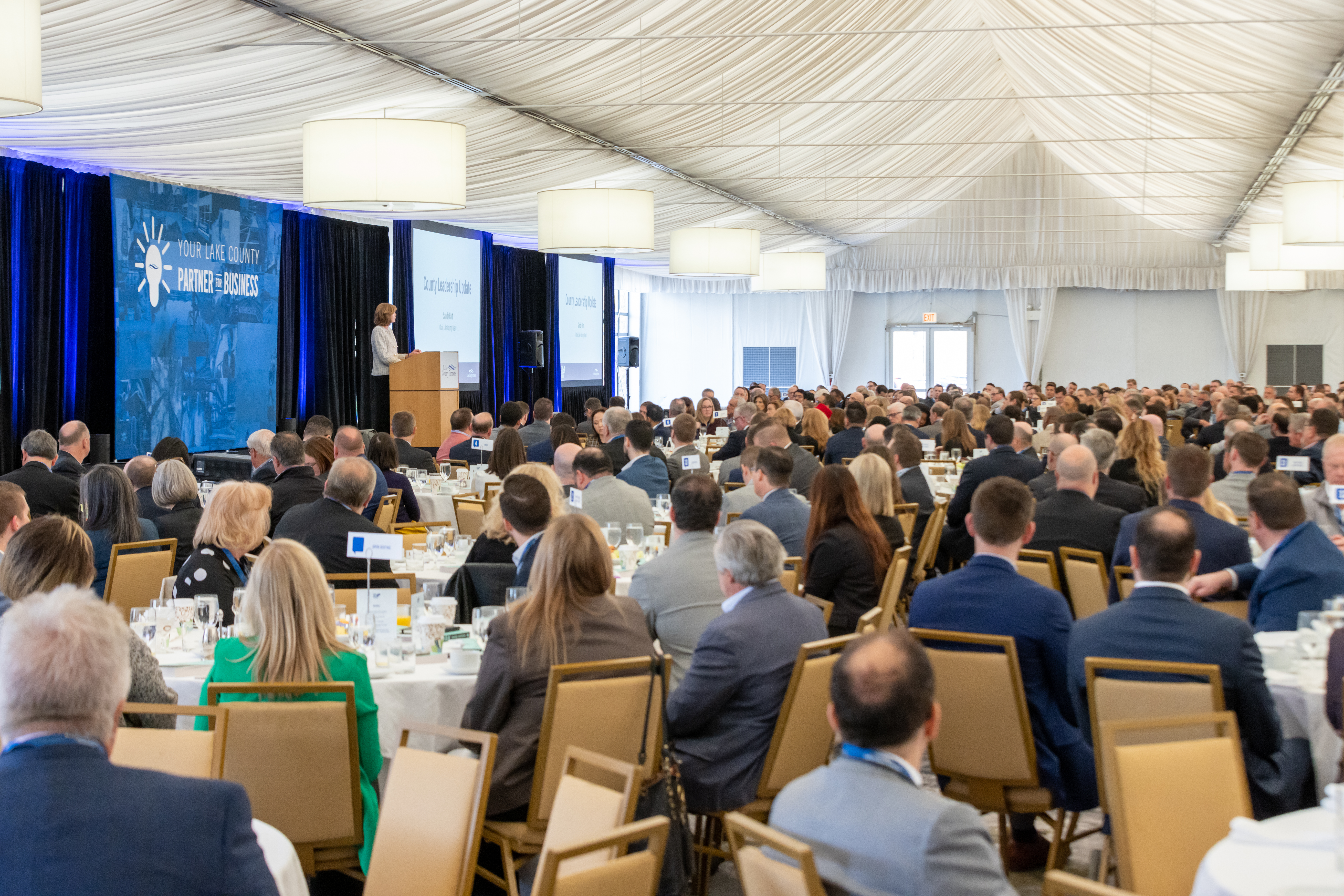
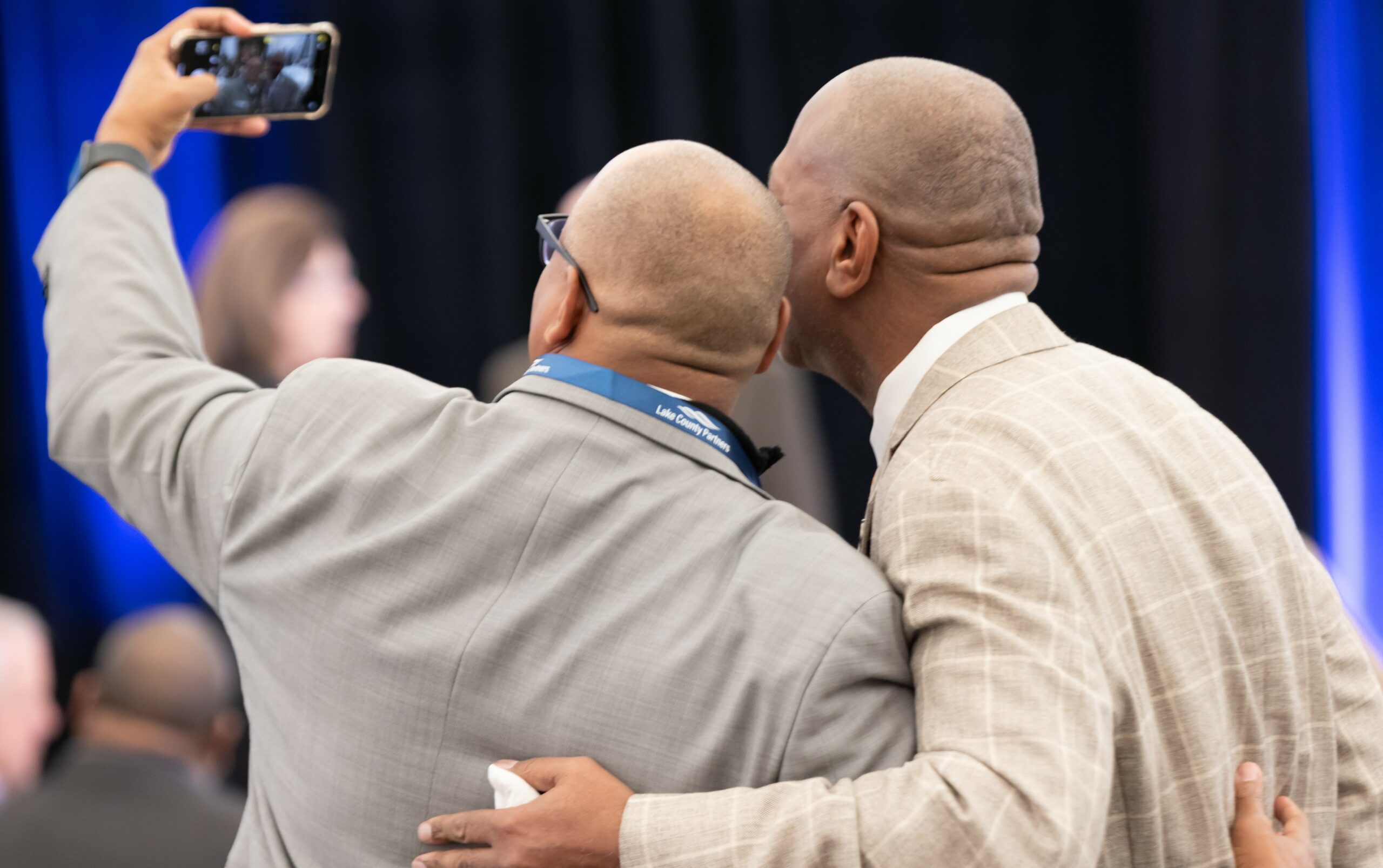
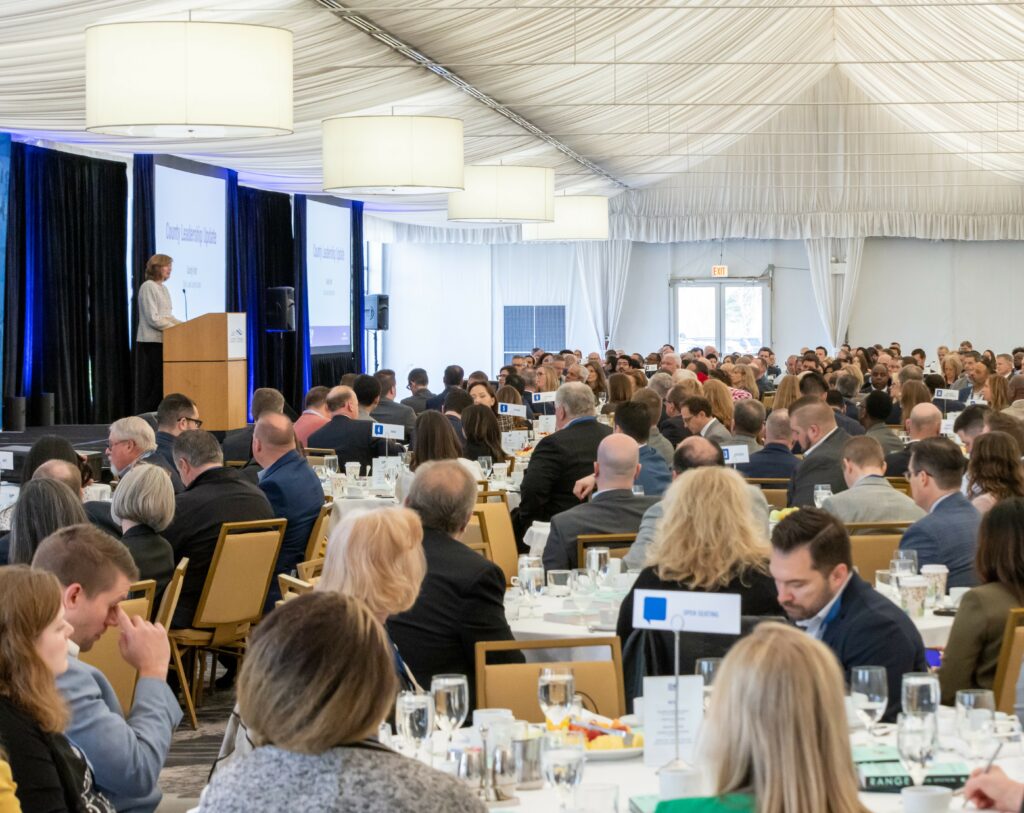
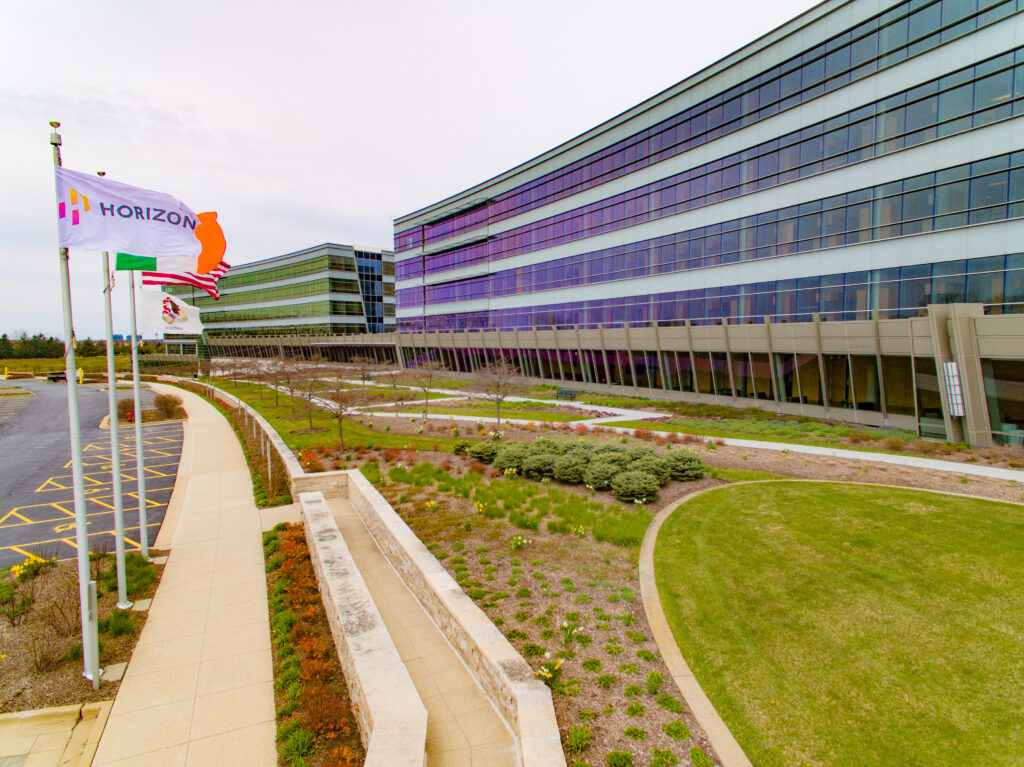

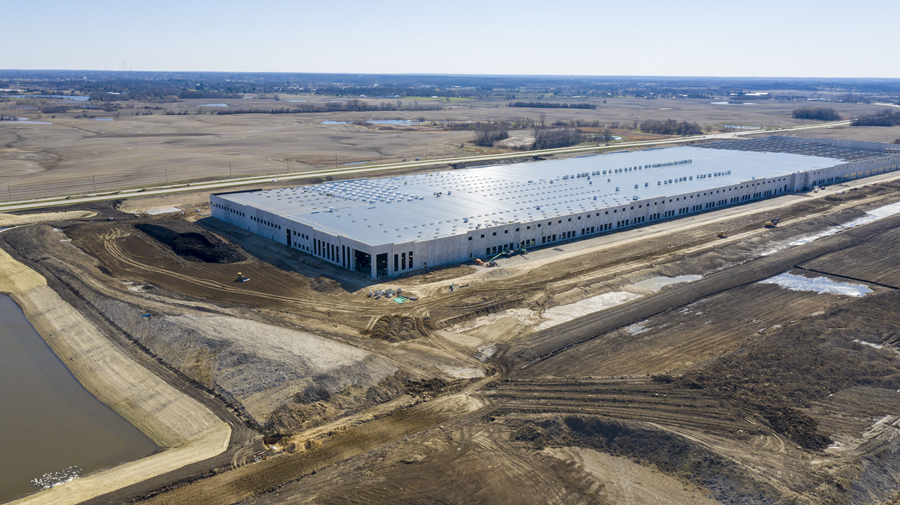


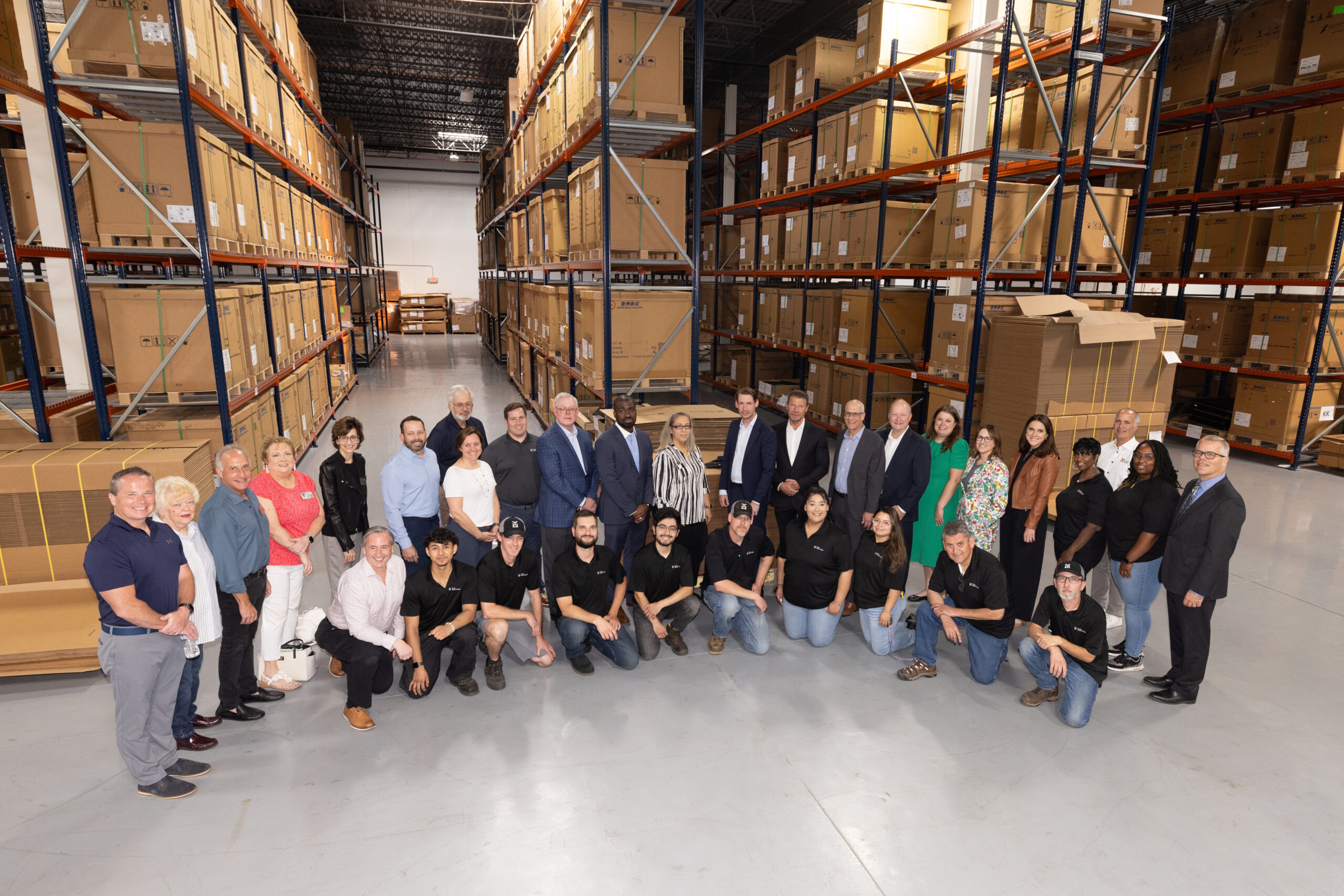

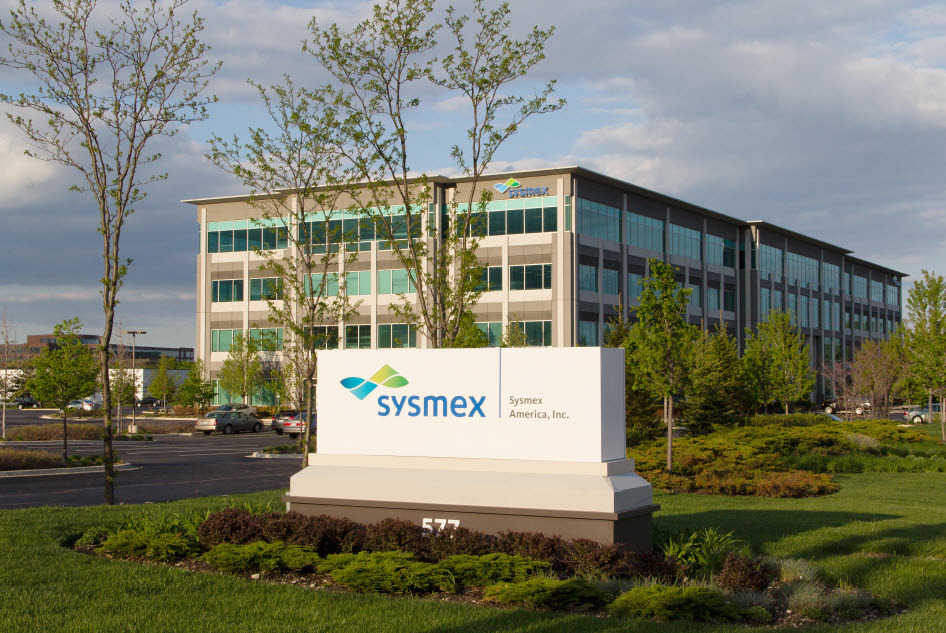


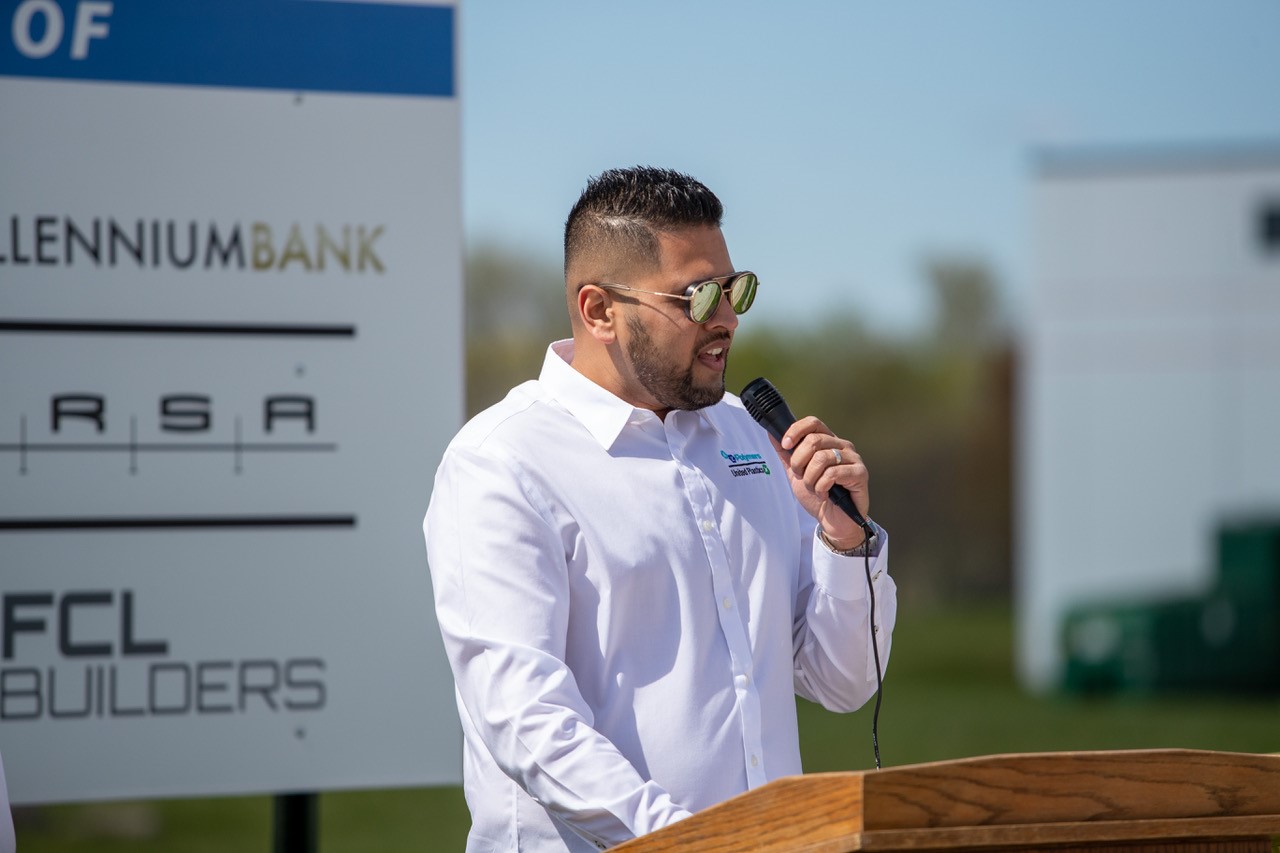
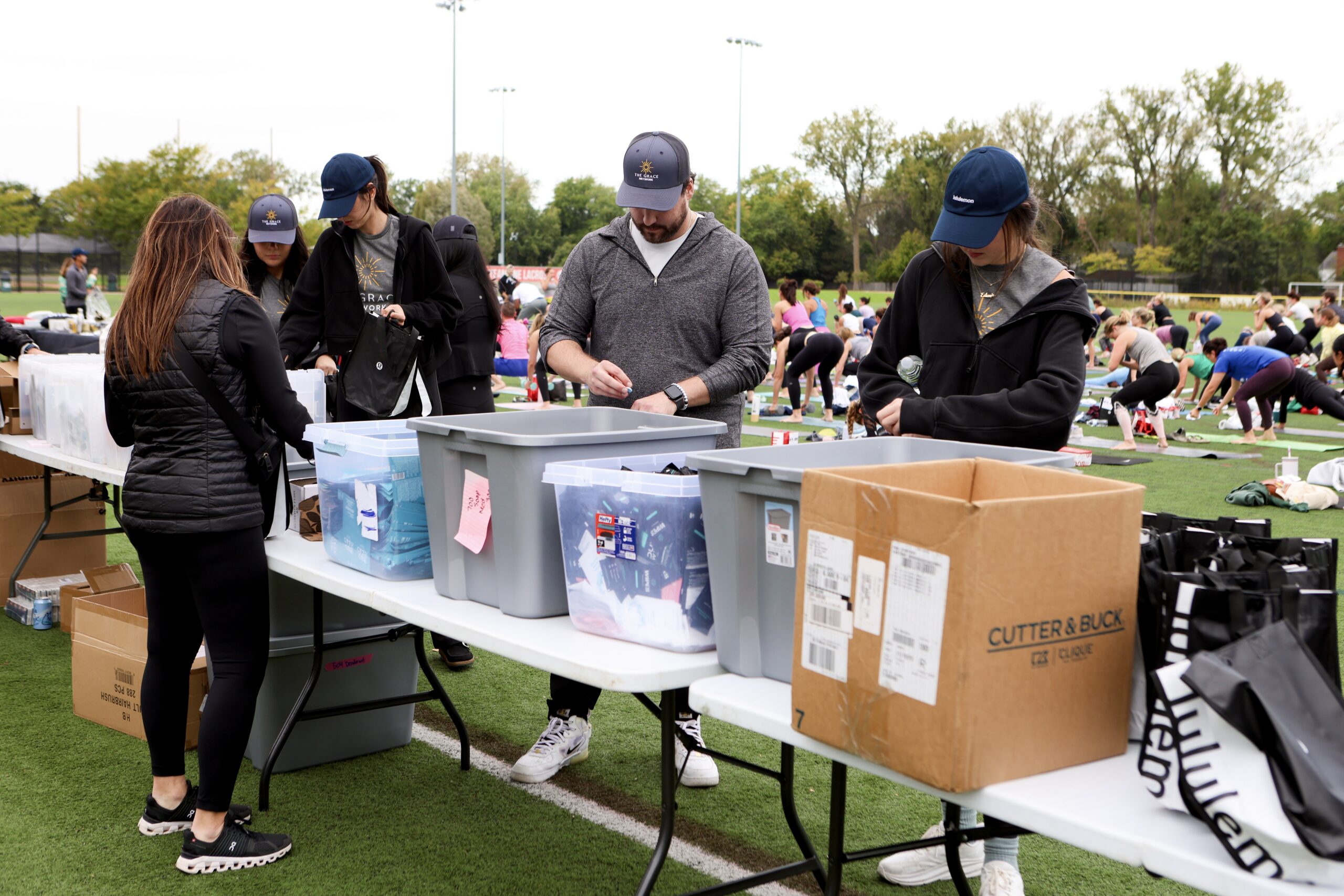
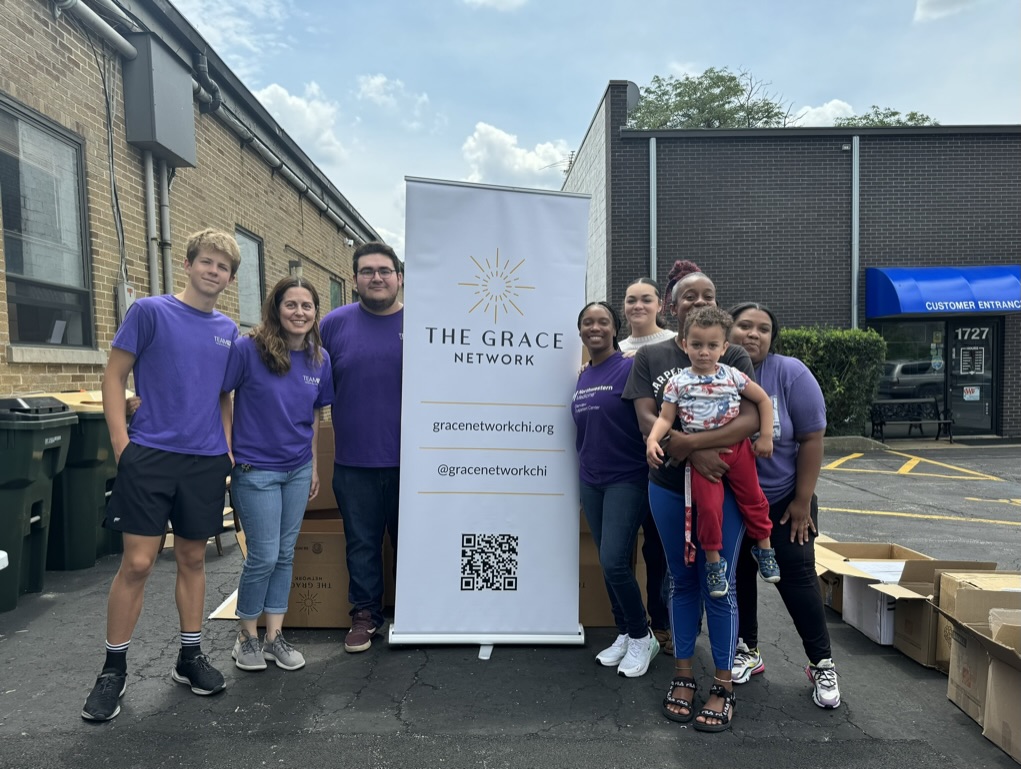
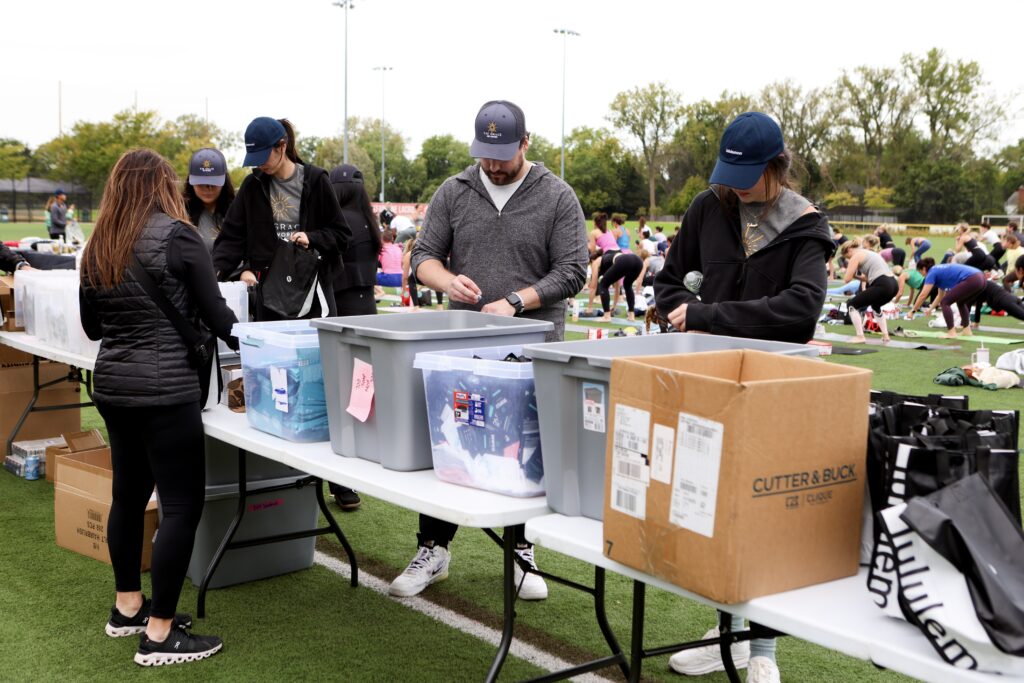
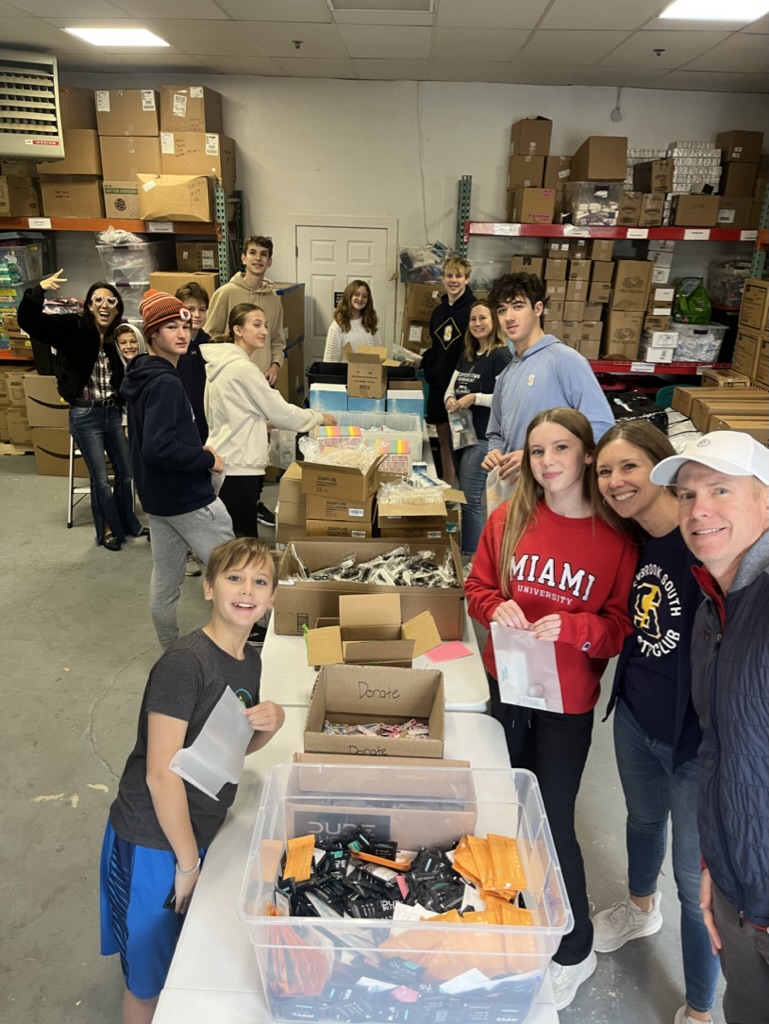
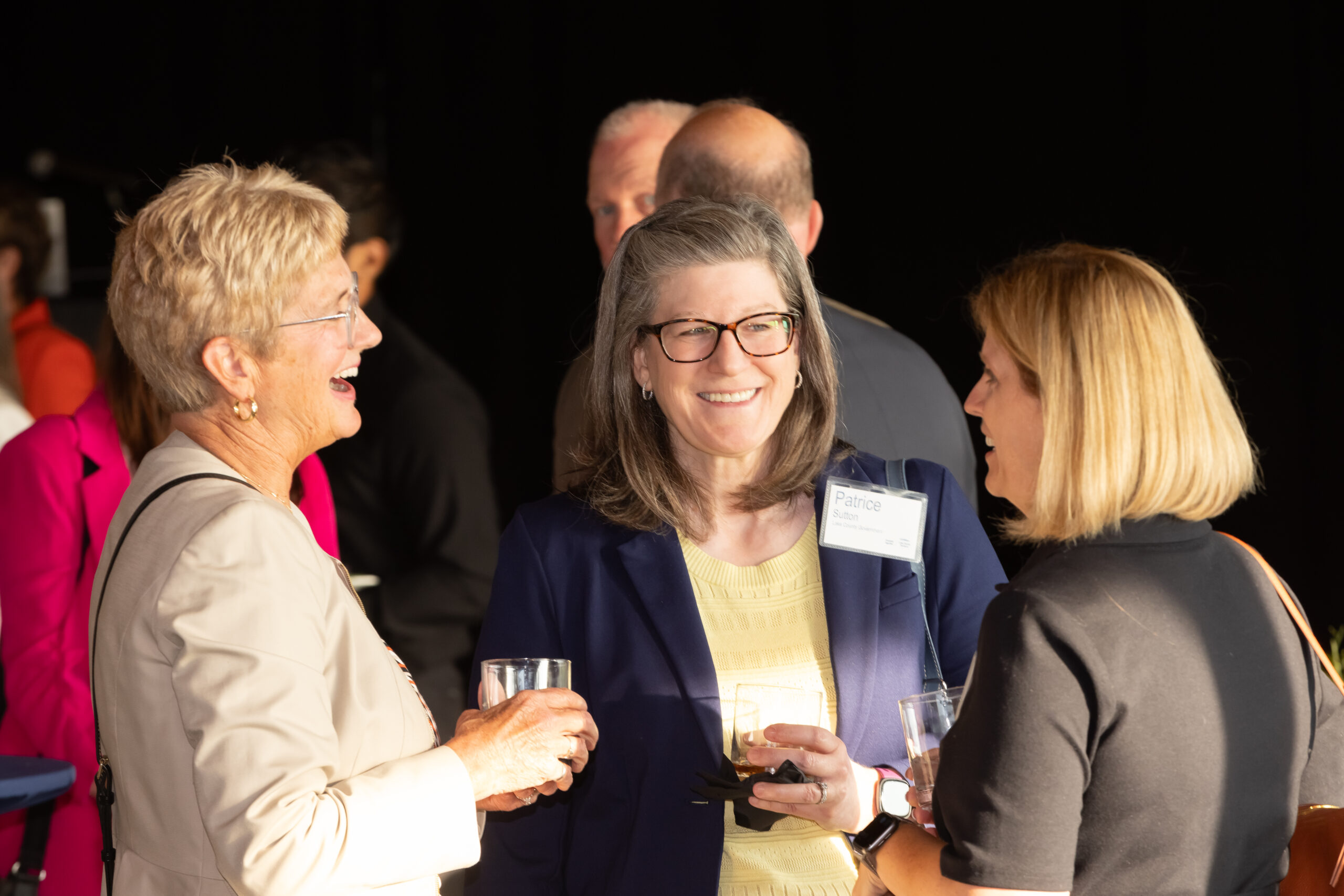
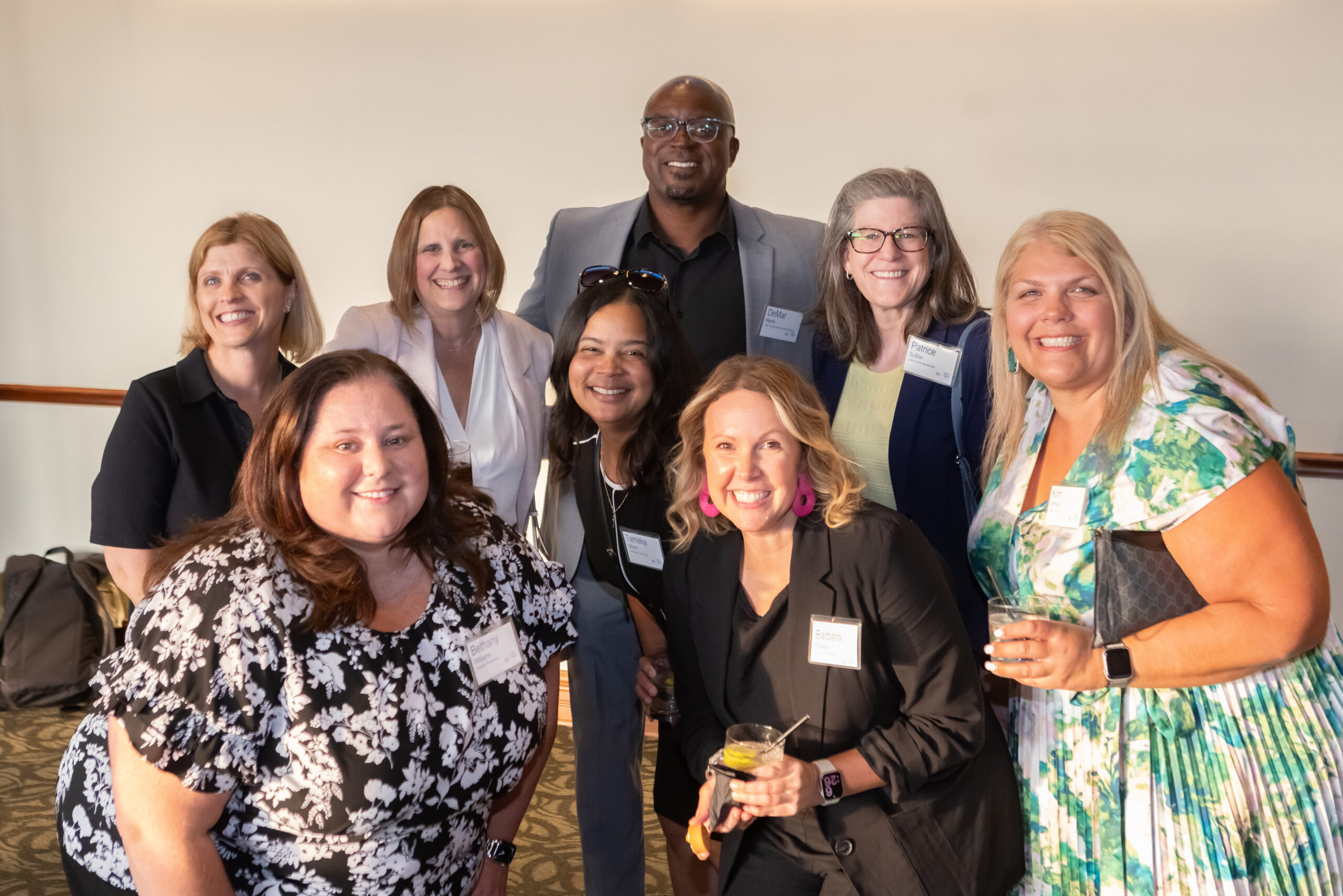
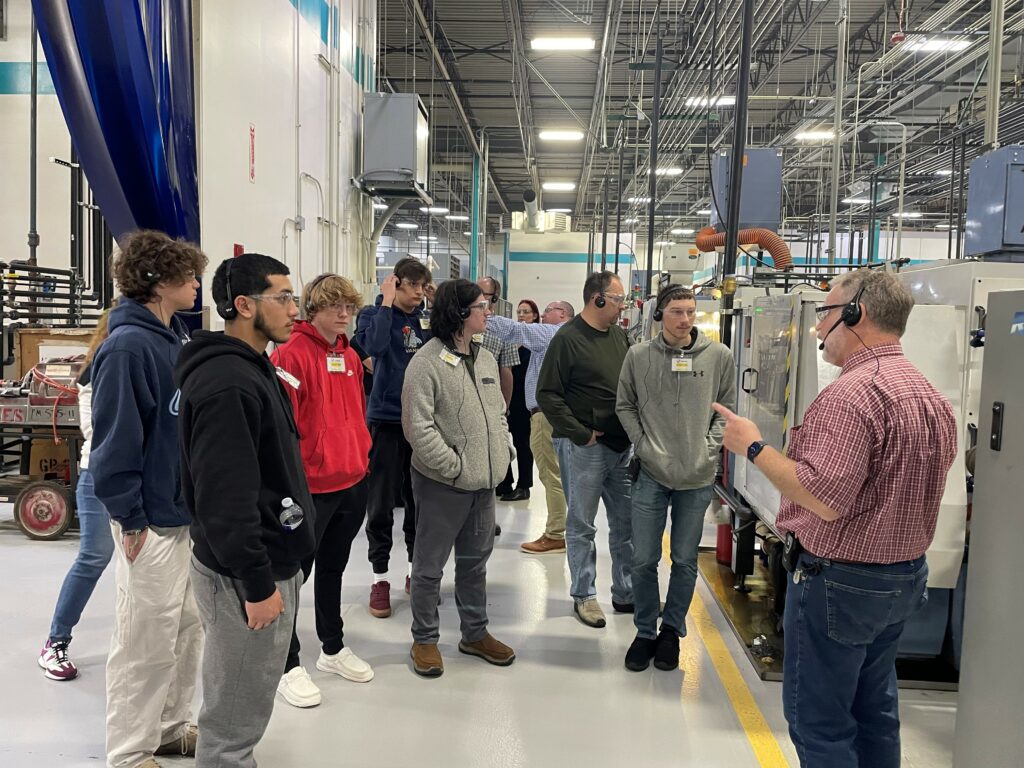
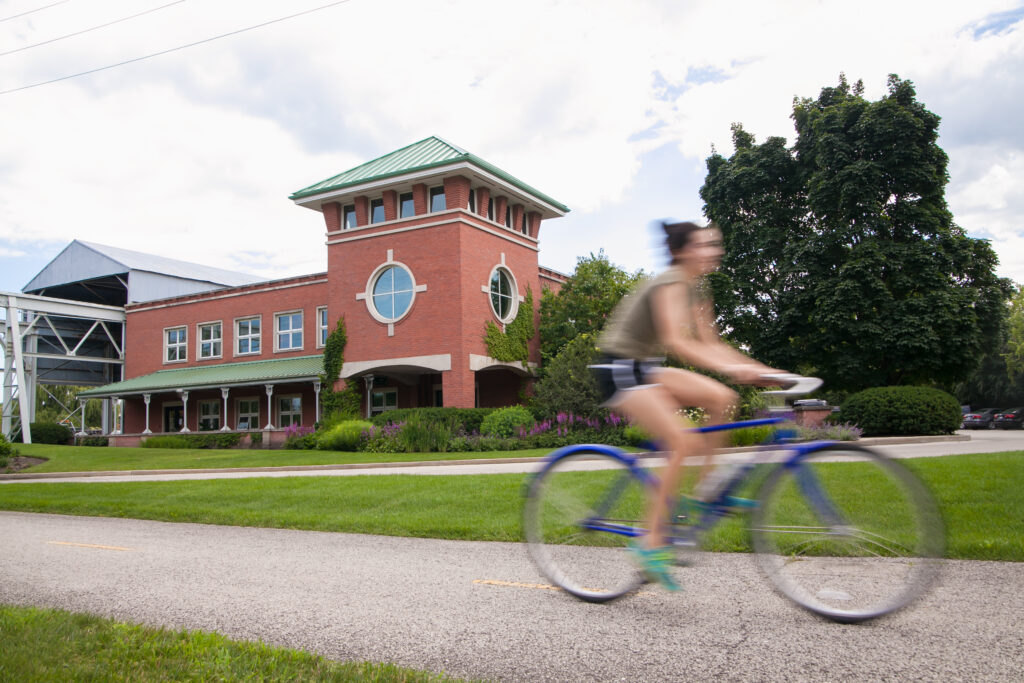
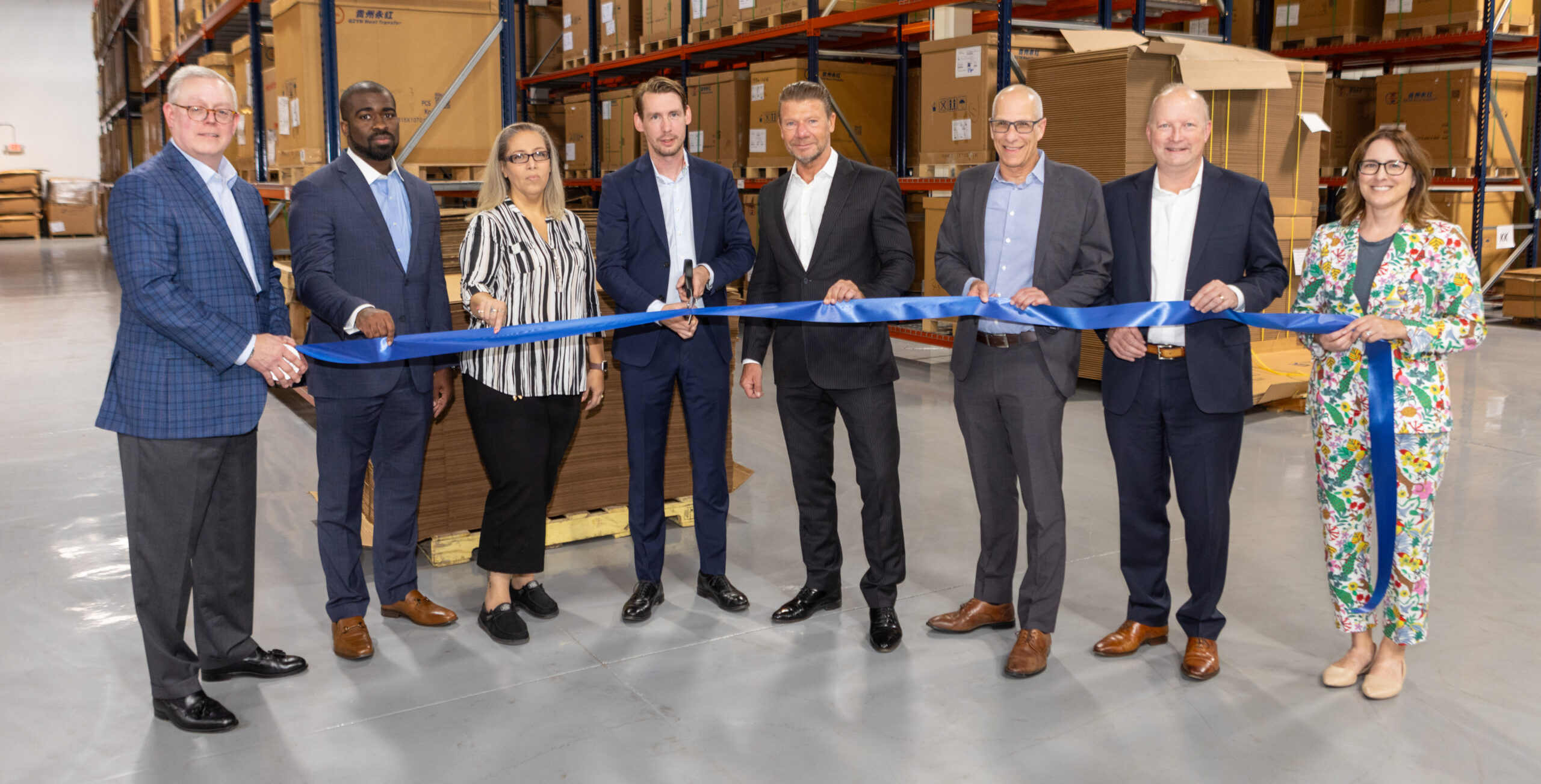
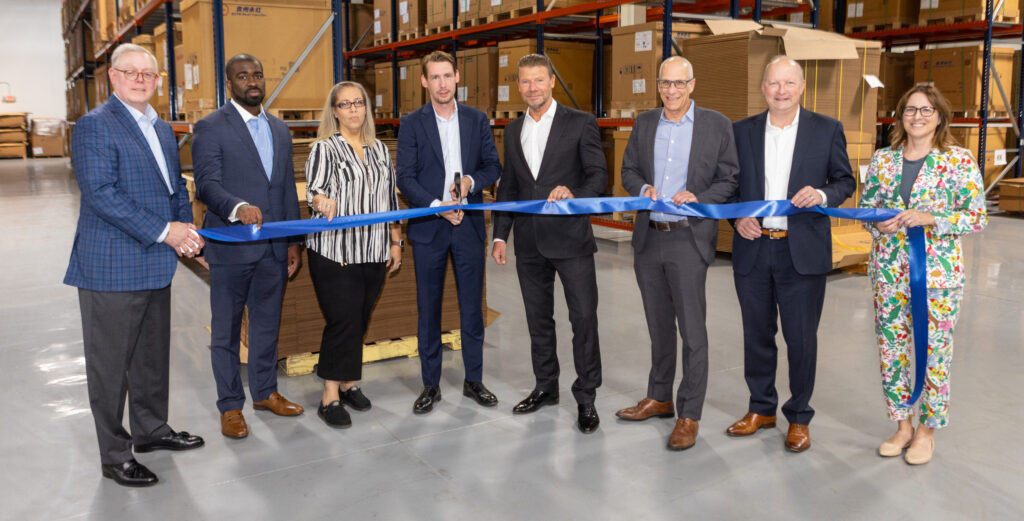
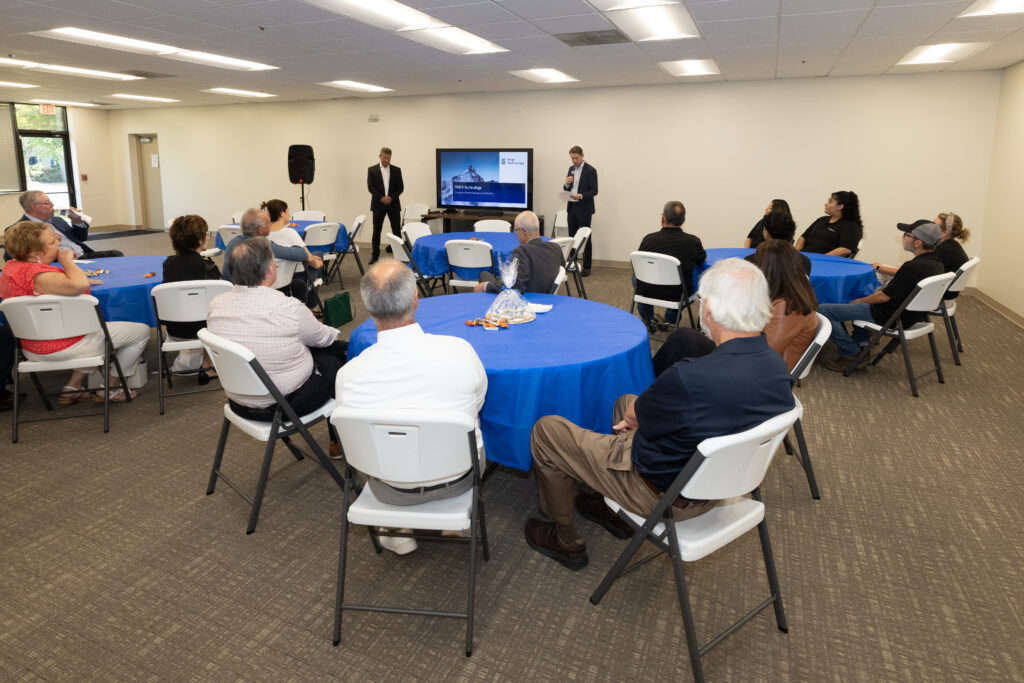
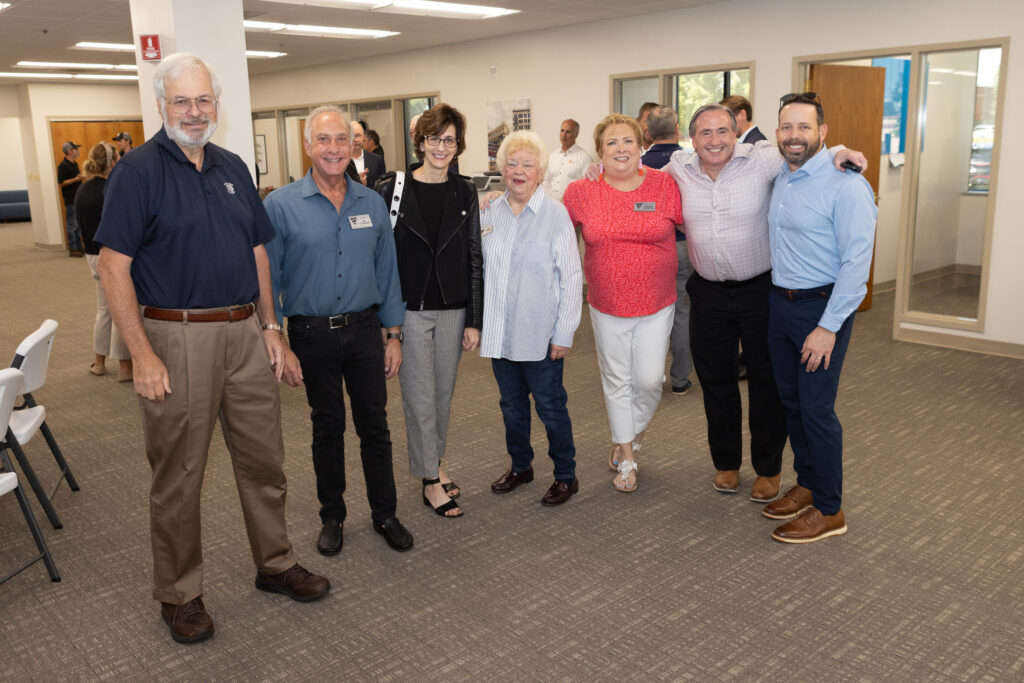
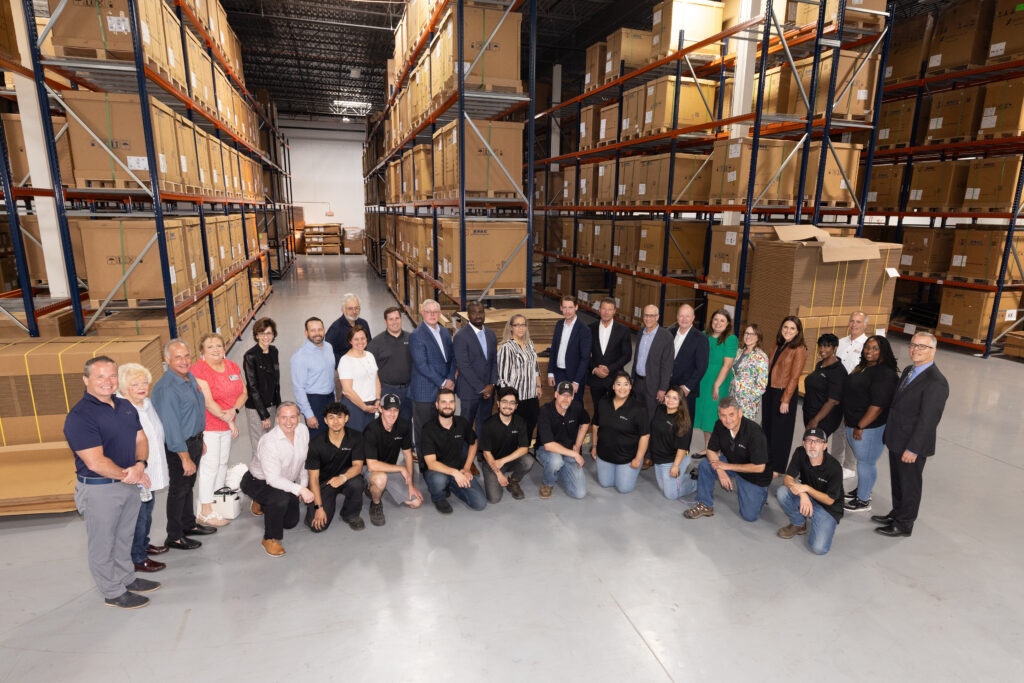
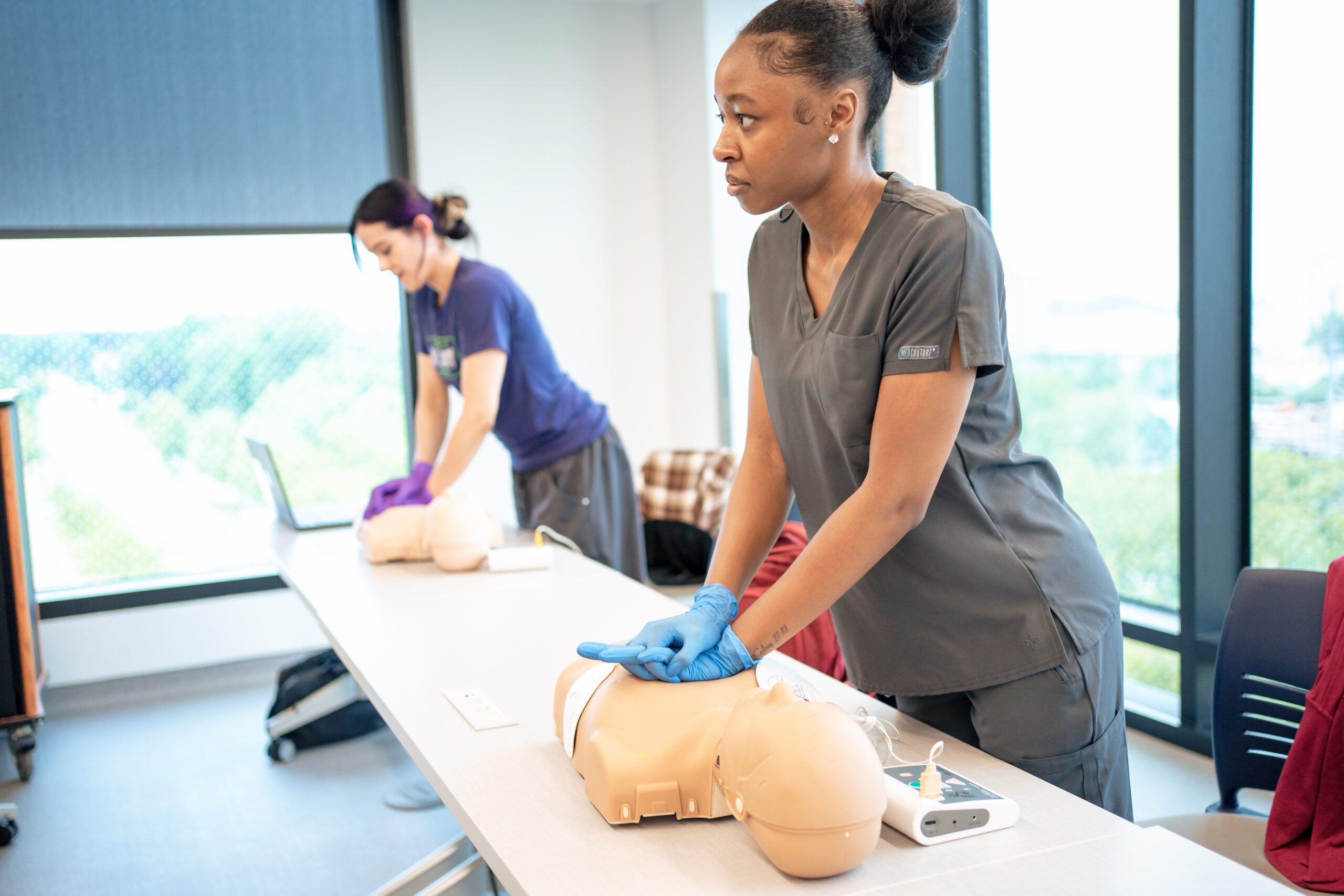
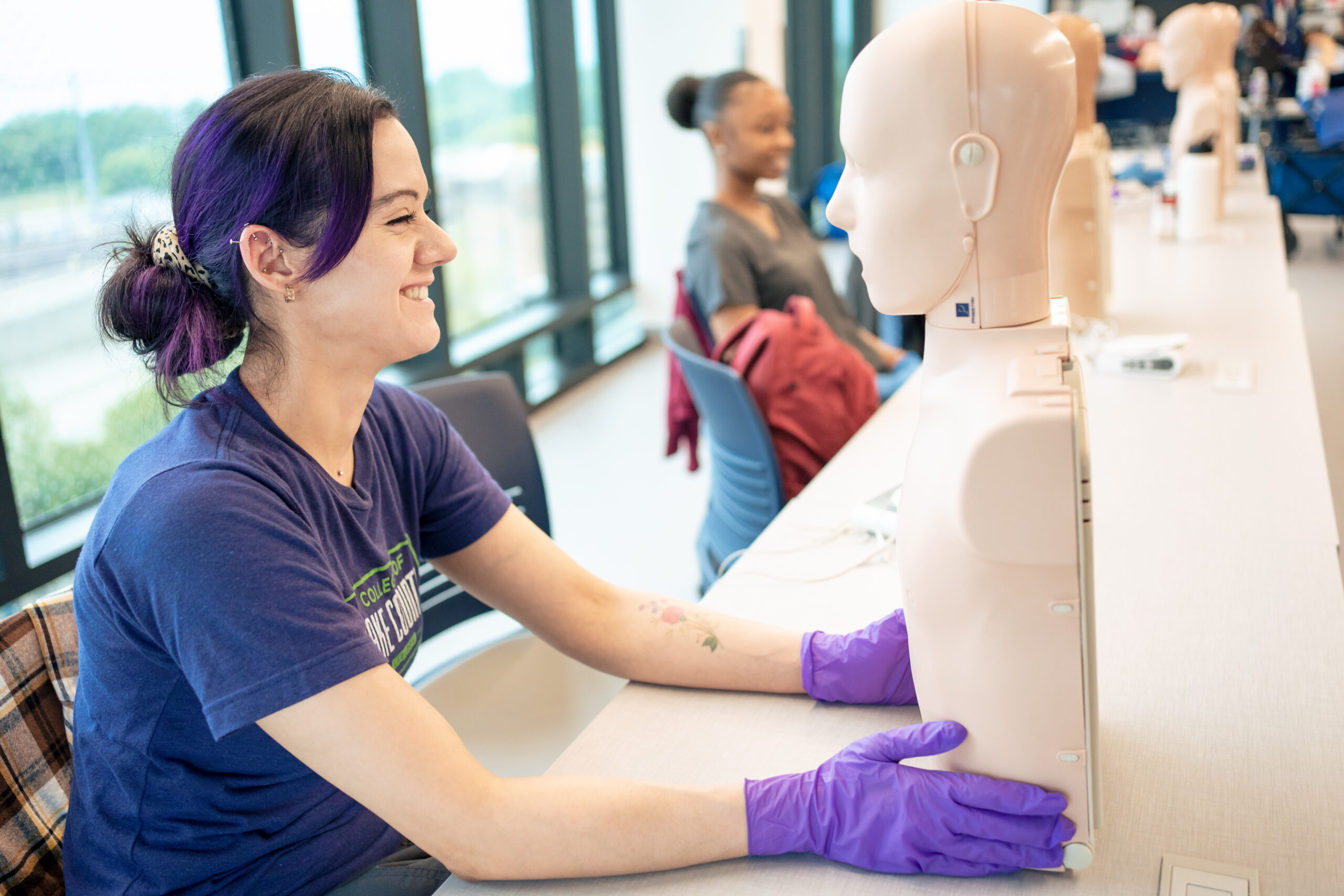
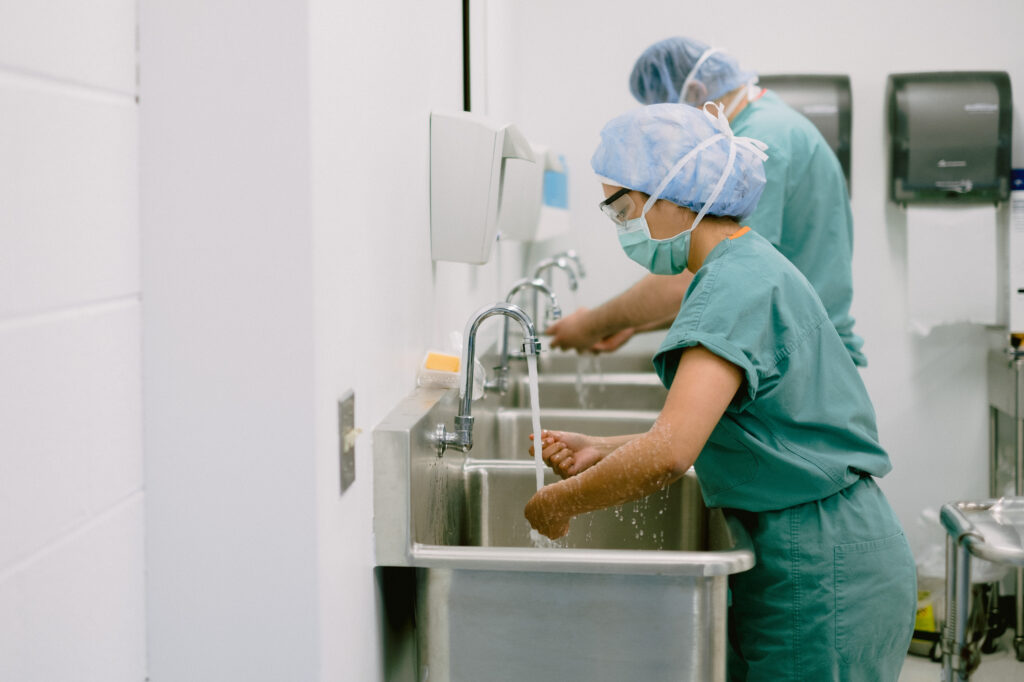
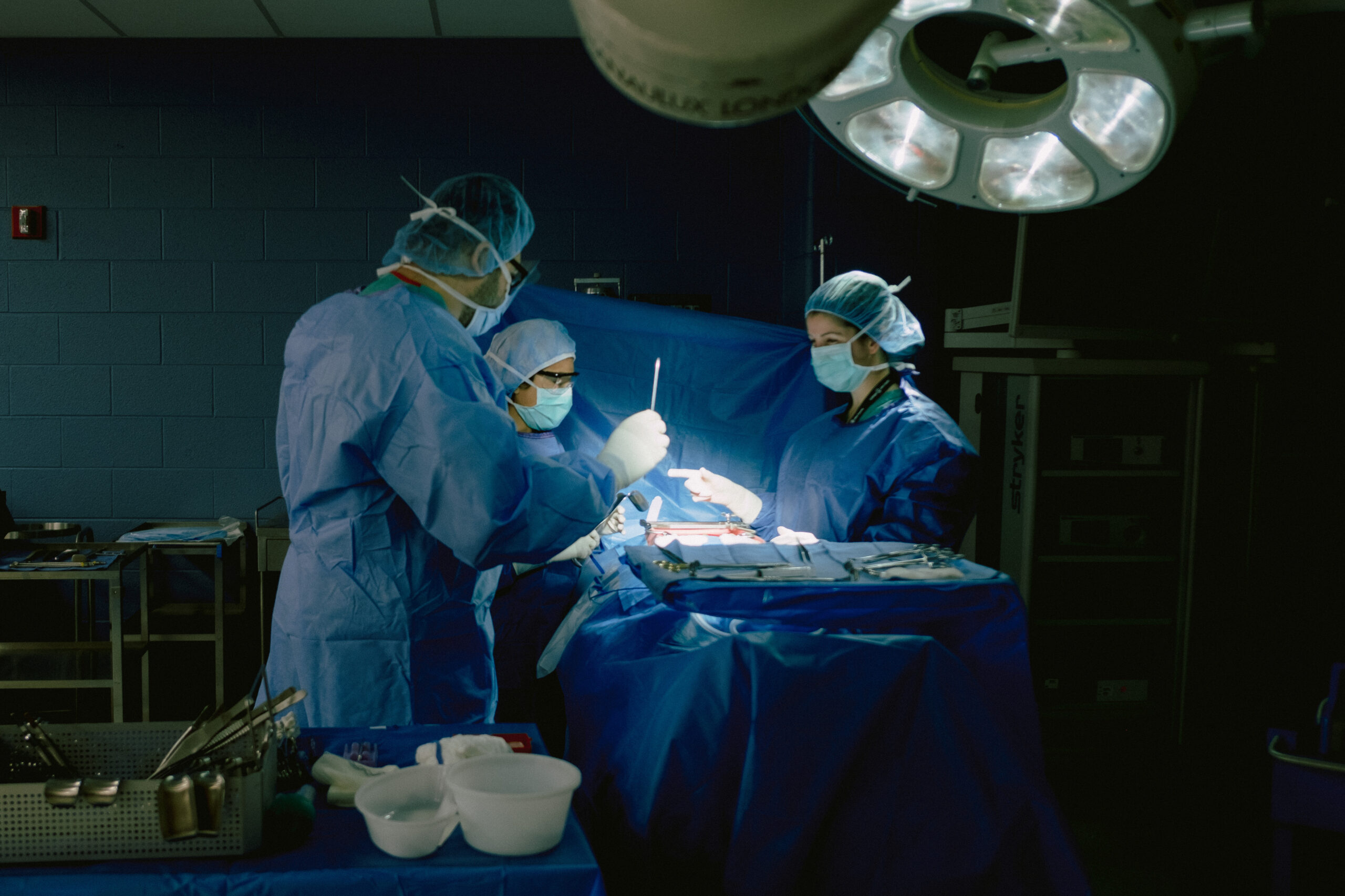
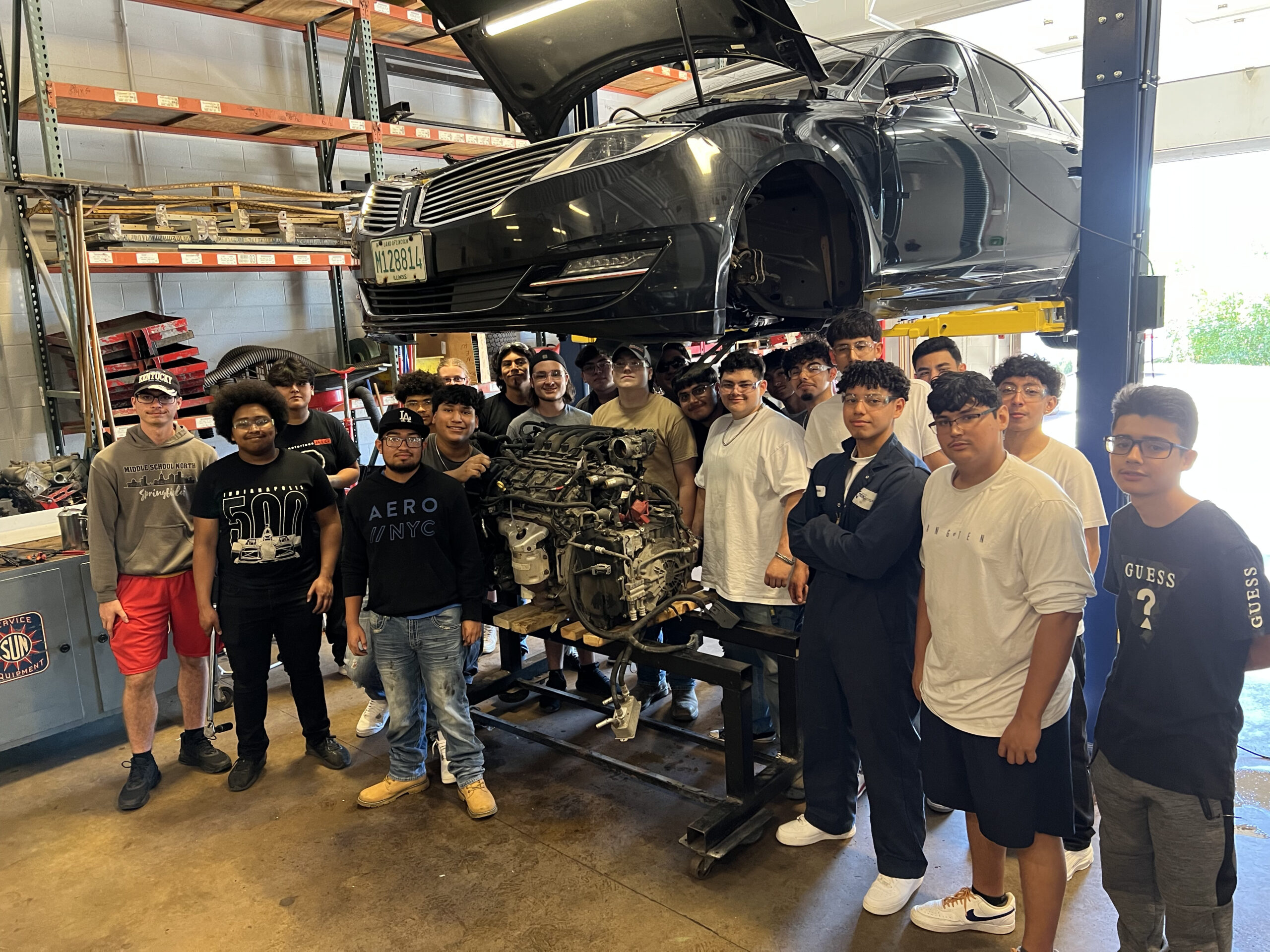
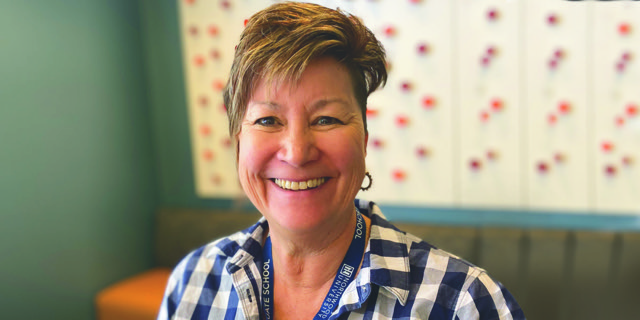
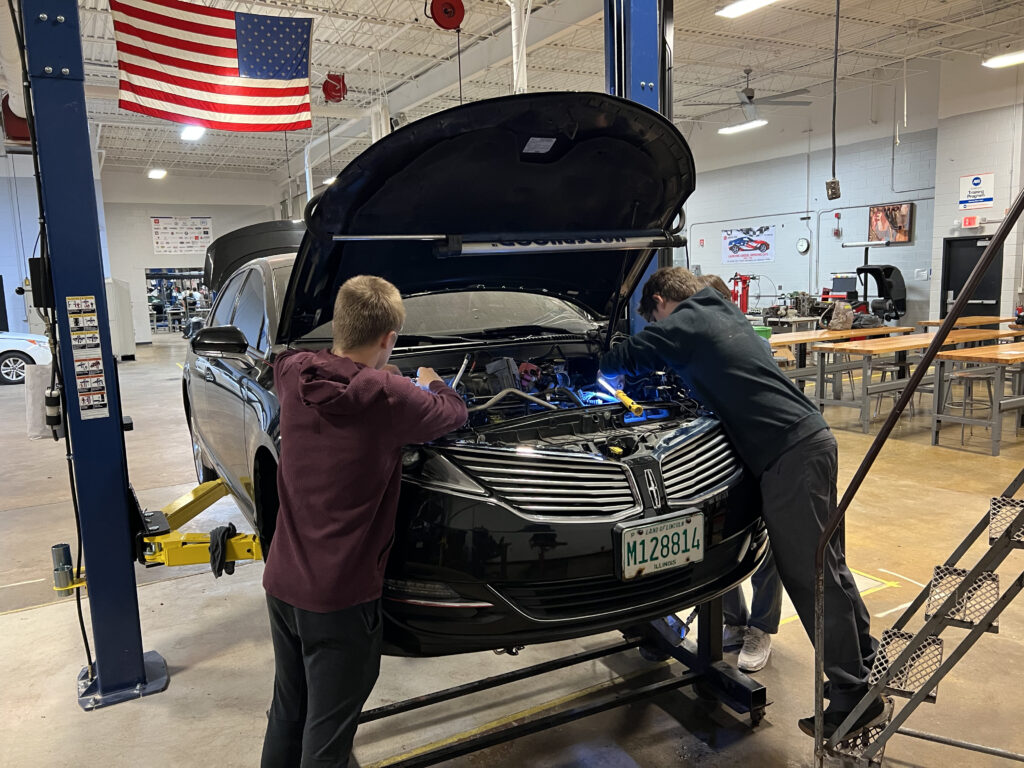
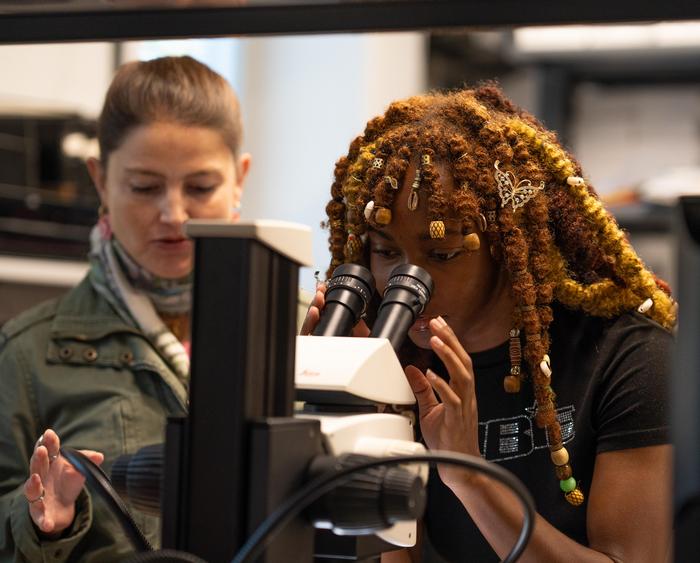
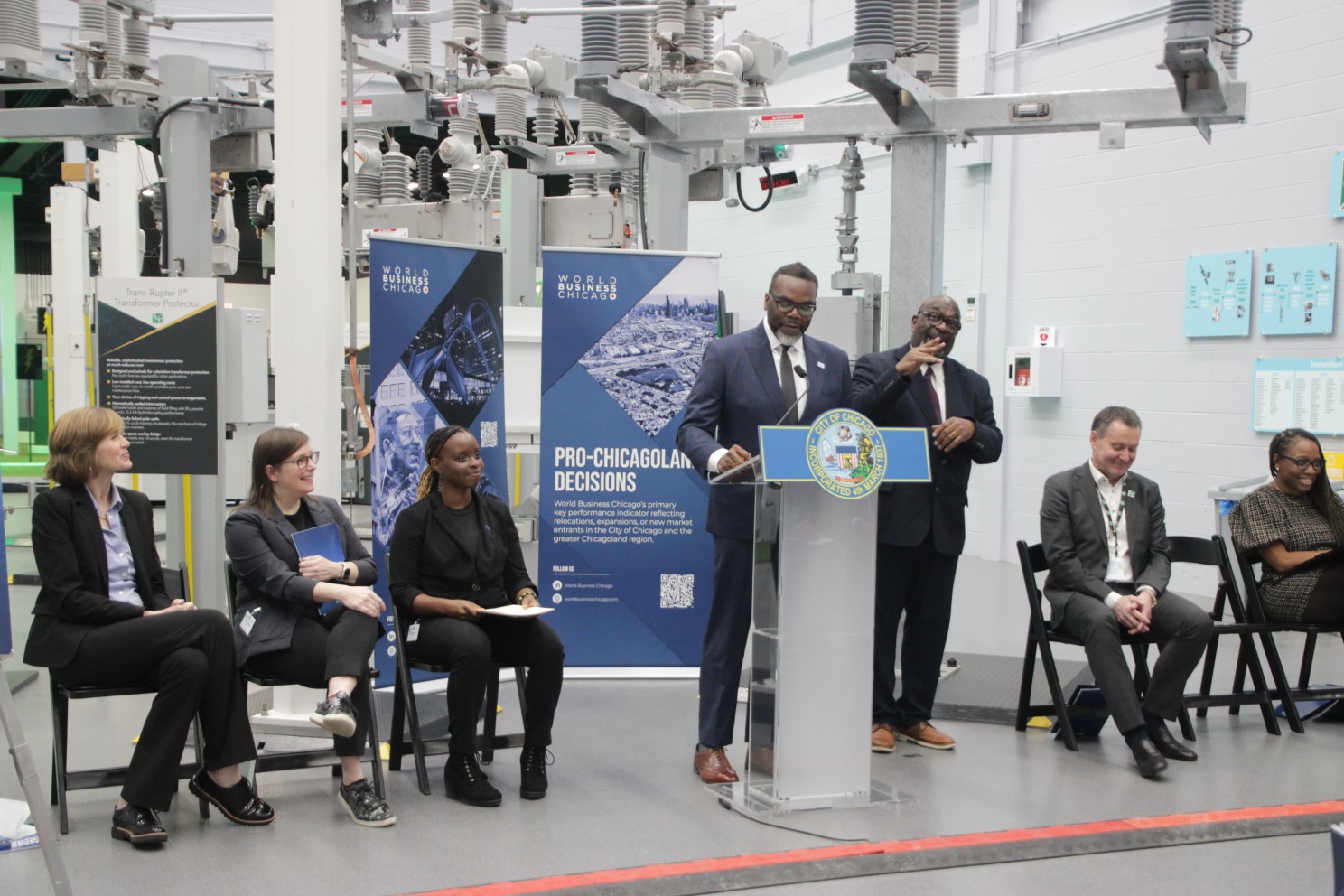
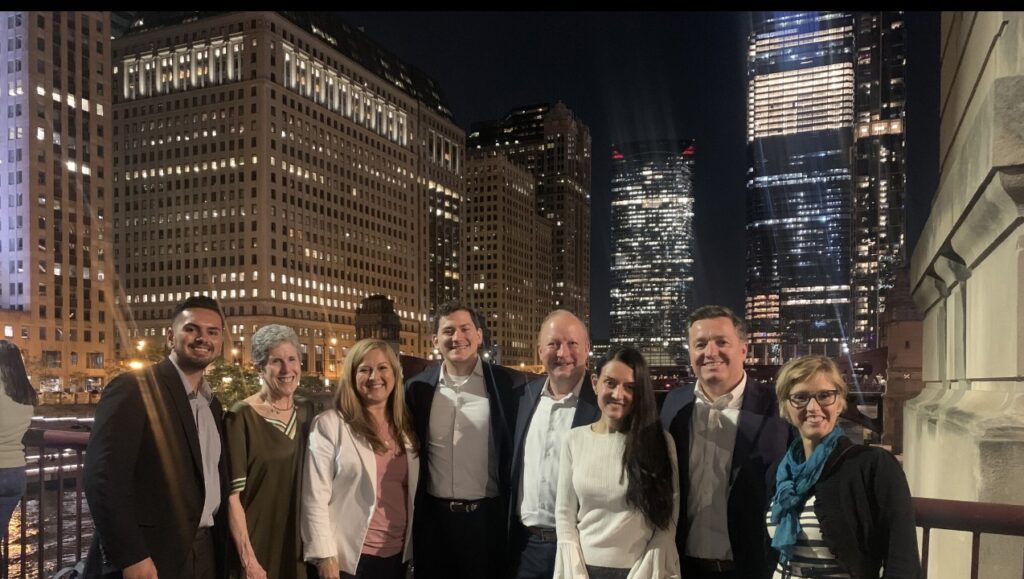
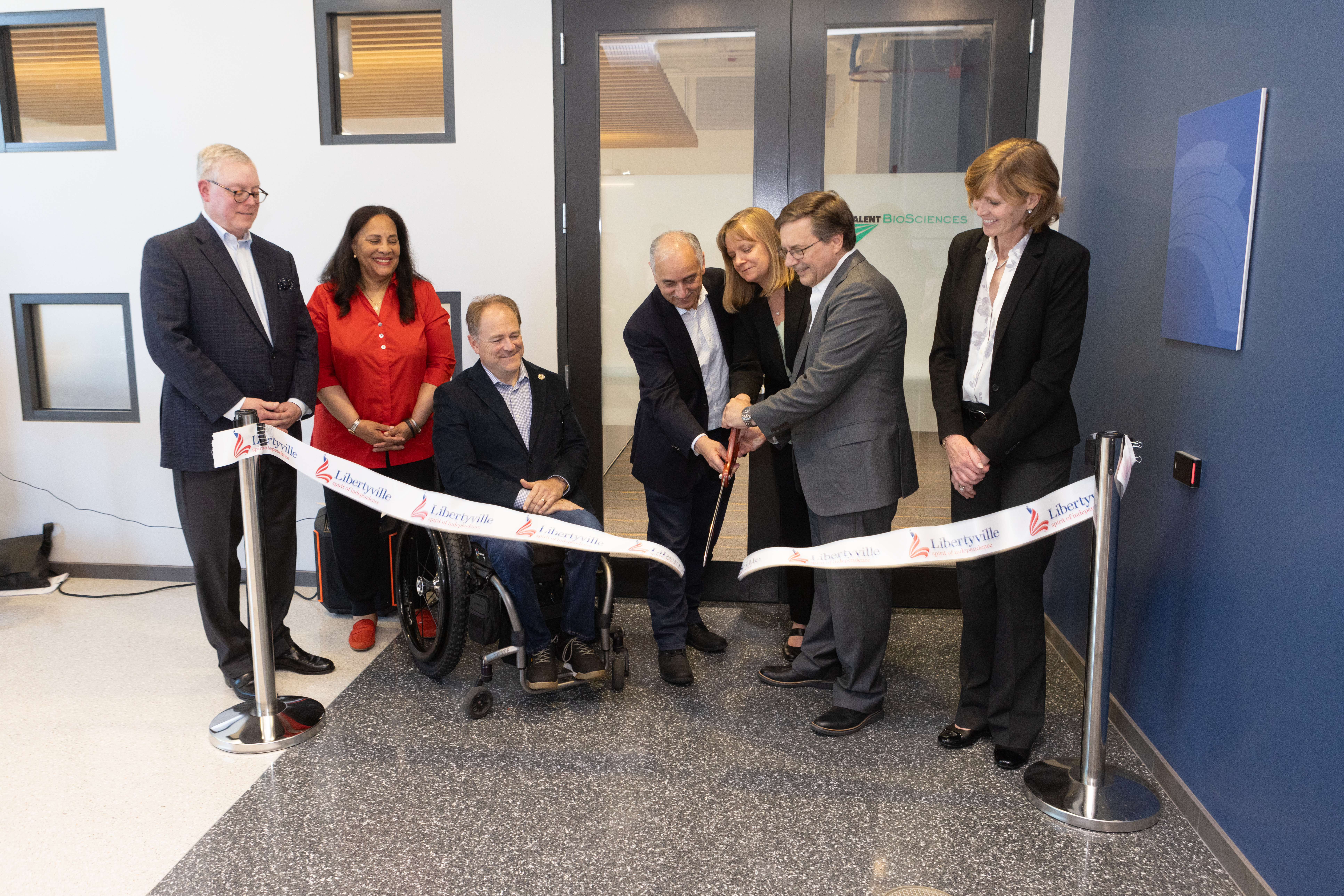
Recent Comments